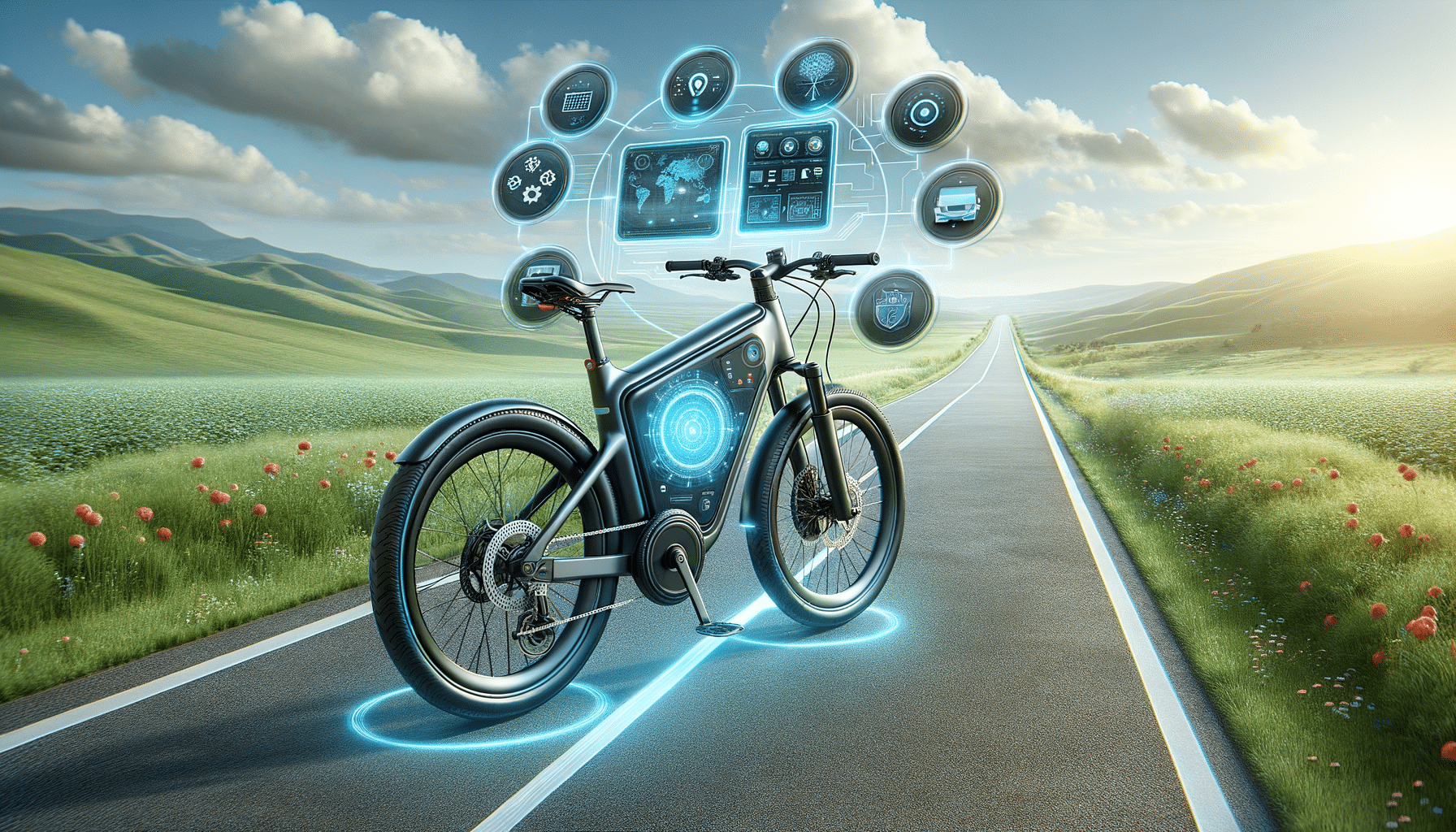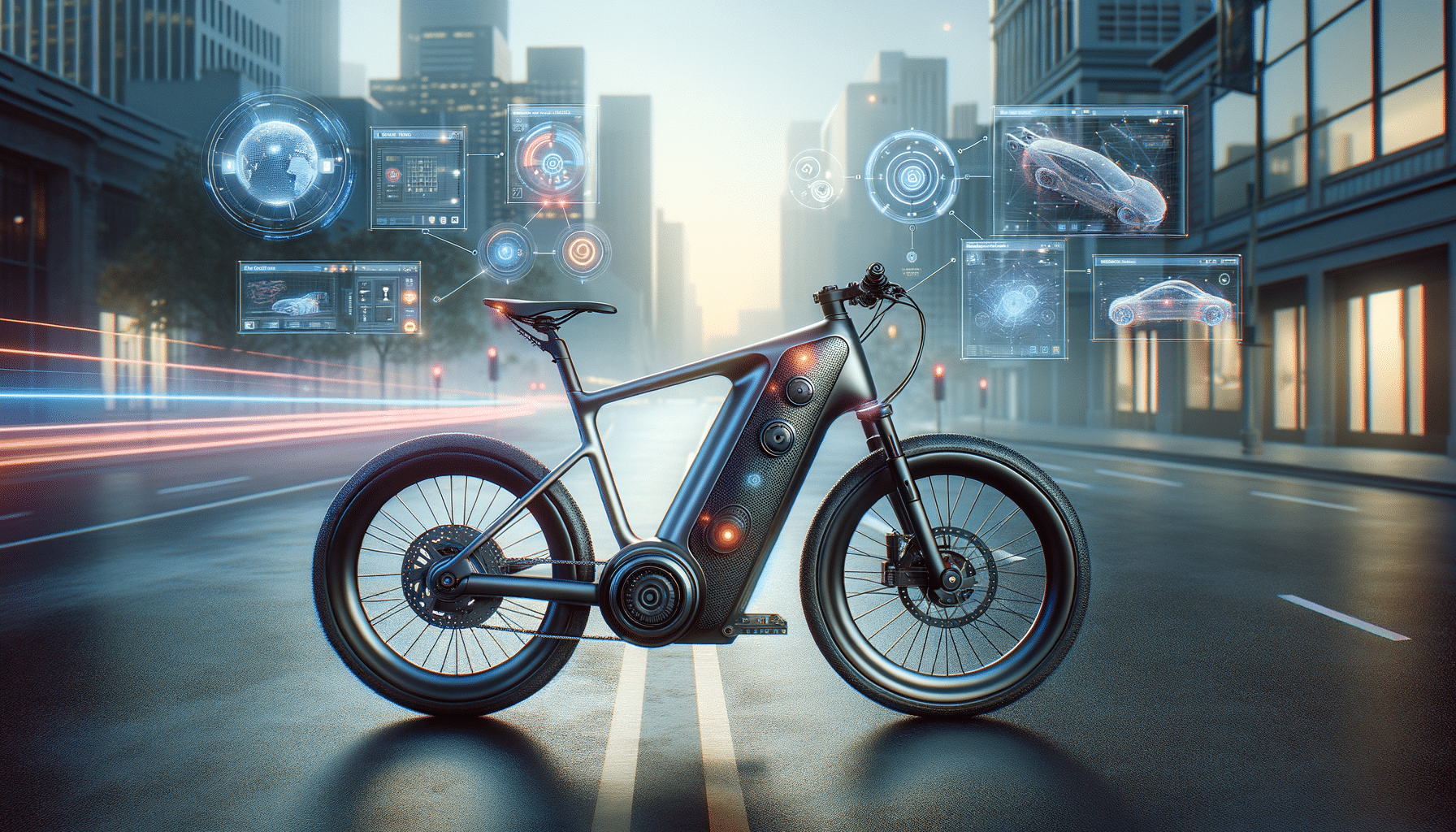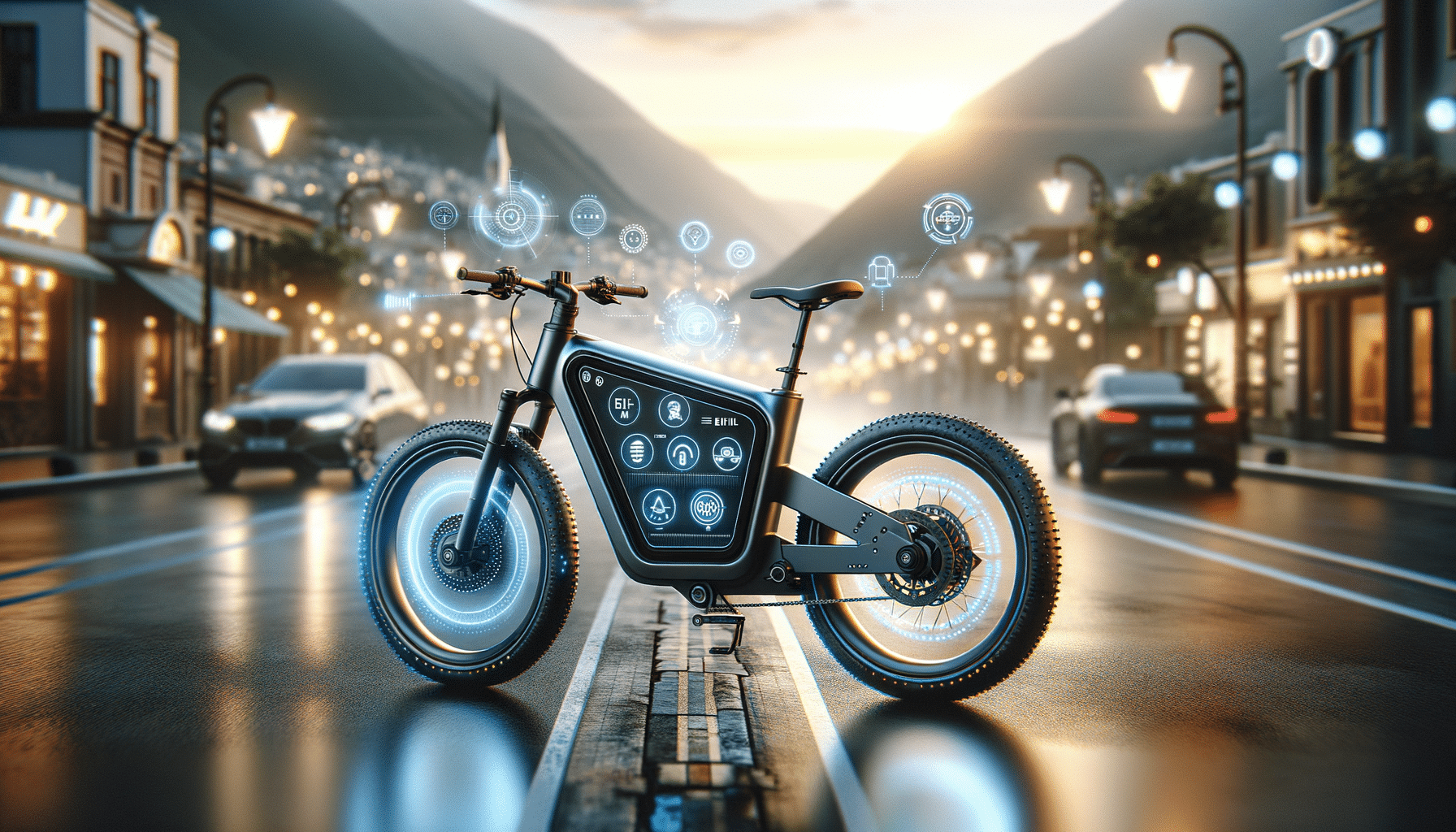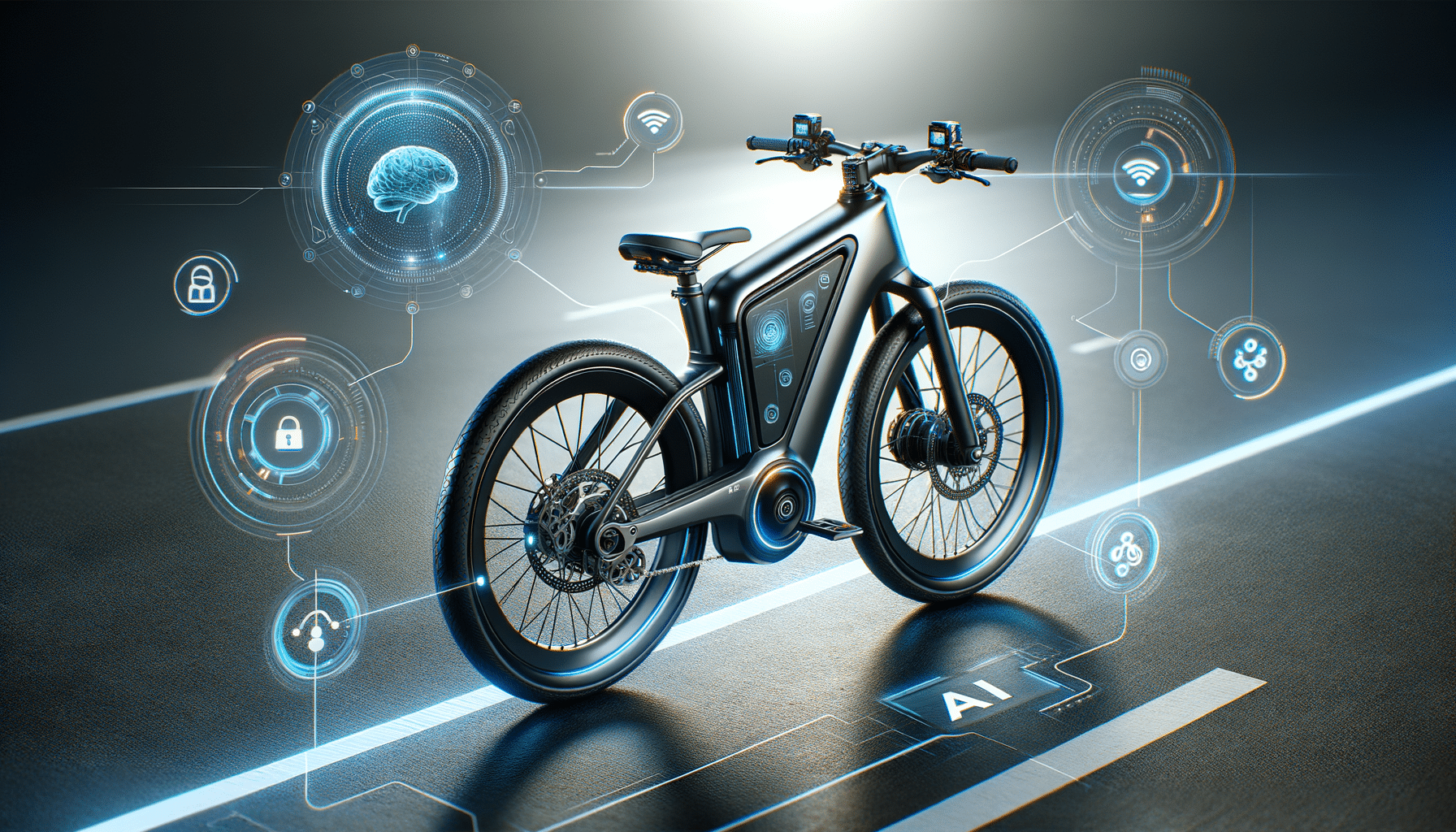
ai driven e-bikes intelligent systems and autonomous riding
Introduction to AI E-Bike Technologies
As technology continues to evolve, the integration of artificial intelligence (AI) into various modes of transportation has become increasingly significant. Among these advancements, AI e-bike technologies stand out as a revolutionary development in the field of personal transportation. These intelligent systems are designed to enhance the riding experience by providing features that not only improve safety but also increase convenience and efficiency. In this article, we explore the various facets of AI-driven e-bikes, focusing on their autonomous riding capabilities and intelligent systems.
AI-Driven Autonomous Riding
One of the most exciting aspects of AI integration in e-bikes is the potential for autonomous riding. AI-driven autonomous riding allows e-bikes to navigate environments with minimal human intervention. This is achieved through a combination of sensors, cameras, and advanced algorithms that enable the e-bike to perceive its surroundings and make real-time decisions. The technology is akin to that used in autonomous vehicles, where the AI system processes data to determine the safest and most efficient path.
Key features of AI-driven autonomous riding include:
- Obstacle detection and avoidance
- Adaptive speed control
- Route optimization based on real-time traffic data
- Automatic braking systems
These features not only enhance safety but also provide a more seamless riding experience. For instance, the ability to automatically adjust speed or reroute based on traffic conditions ensures that riders can reach their destinations more efficiently. Furthermore, autonomous riding technology can be particularly beneficial in urban environments where traffic congestion and pedestrian traffic are common challenges.
Intelligent E-Bike Systems
Beyond autonomous riding, intelligent e-bike systems incorporate a range of AI-driven features that enhance the overall functionality of the bike. These systems often include smart connectivity options, allowing riders to sync their e-bikes with smartphones or other devices. This connectivity enables features such as GPS navigation, fitness tracking, and remote diagnostics.
Intelligent e-bike systems are designed to provide a personalized riding experience. They can learn from a rider’s habits and preferences, adjusting settings to optimize performance. For example, an intelligent e-bike might automatically adjust the level of pedal assistance based on the rider’s typical routes and speed preferences.
Additional features of intelligent e-bike systems include:
- Advanced battery management for extended range
- Real-time performance analytics
- Customizable riding modes
- Enhanced theft protection through GPS tracking
These innovations not only make riding more enjoyable but also contribute to the longevity and sustainability of the e-bike itself.
The Impact of AI on E-Bike Safety
Safety is a paramount concern for any mode of transportation, and AI technologies in e-bikes are no exception. The integration of AI into e-bike systems significantly enhances safety by providing real-time data processing and decision-making capabilities. For instance, AI-powered sensors can detect potential hazards such as vehicles or pedestrians, allowing the e-bike to react more quickly than a human rider might.
Moreover, the use of AI in e-bikes can lead to the development of more advanced safety features, such as:
- Predictive maintenance alerts to prevent mechanical failures
- Collision avoidance systems
- Automatic emergency braking
- Adaptive lighting for improved visibility
These features help reduce the risk of accidents and injuries, making e-bikes a safer option for commuters and recreational riders alike. As AI technology continues to advance, we can expect even more sophisticated safety features to be integrated into e-bike systems.
Conclusion: The Future of AI-Driven E-Bikes
The integration of AI into e-bike technologies marks a significant step forward in the evolution of personal transportation. AI-driven e-bikes equipped with autonomous riding capabilities and intelligent systems offer a glimpse into a future where transportation is not only more efficient but also more personalized and safer. As these technologies continue to develop, we can anticipate a broader adoption of AI-driven e-bikes, particularly in urban areas where they can provide a sustainable and convenient alternative to traditional modes of transport.
Ultimately, the continued advancement of AI in e-bikes holds the promise of transforming the way we commute, offering a smarter, greener, and more connected riding experience.


